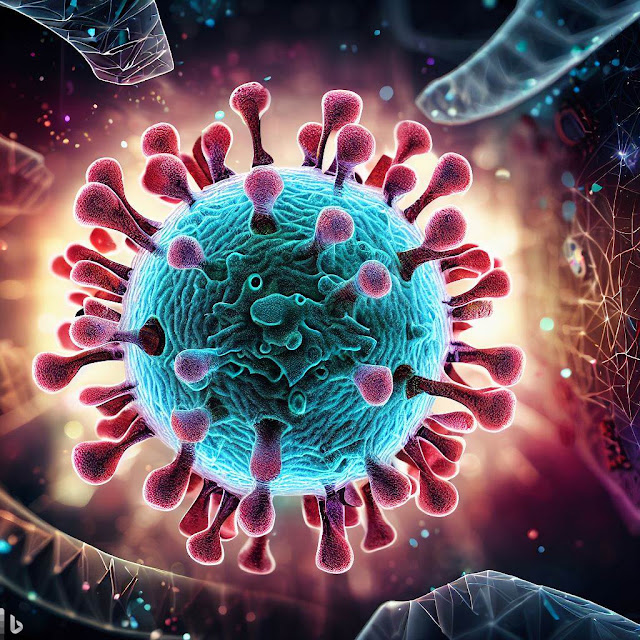What is the medical term for the voice box, a part of the human throat that houses the vocal cords?

1.Introduction The voice box is a part of the human throat that houses the vocal cords. It is also known as the larynx. The medical term for the voice box is important to know because it can help you communicate with your doctor about any problems you may be having with your voice. A. Explanation of the query The query "What is the medical term for the voice box?" is a common question that people ask when they are experiencing problems with their voice. The medical term for the voice box is larynx. The larynx is located in the front of the neck, just below the Adam's apple. It is made up of cartilage, muscle, and connective tissue. The vocal cords are located inside the larynx, and they are made of two bands of muscle that are attached to the thyroid cartilage. When the vocal cords vibrate, they produce sound. B. Importance of knowing the medical term for the voice box There are many reasons why it is important to know the medical term for the voice box. First, it can hel...



